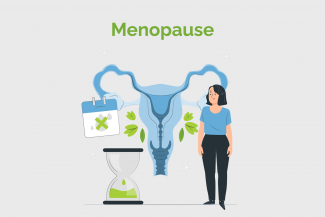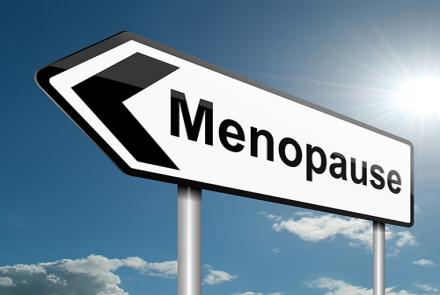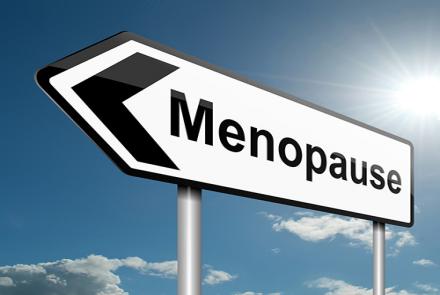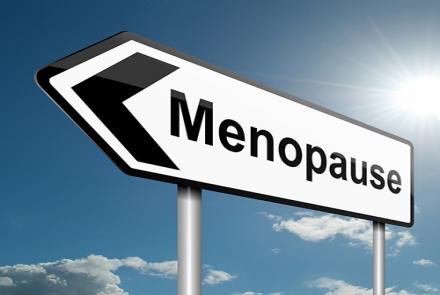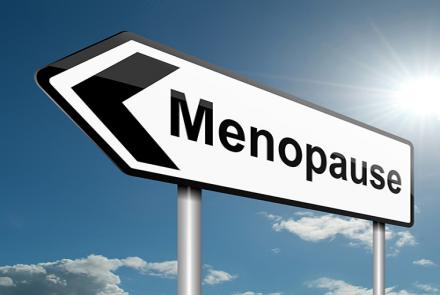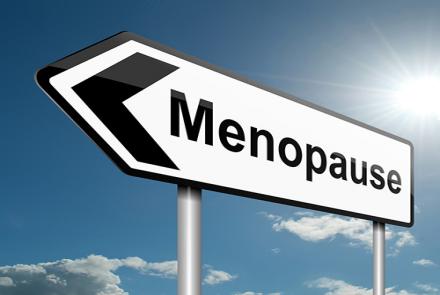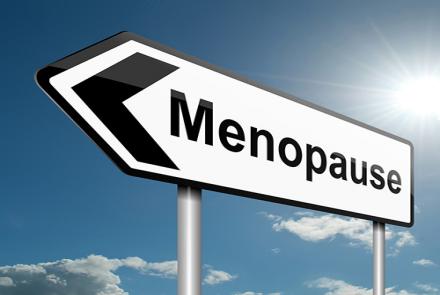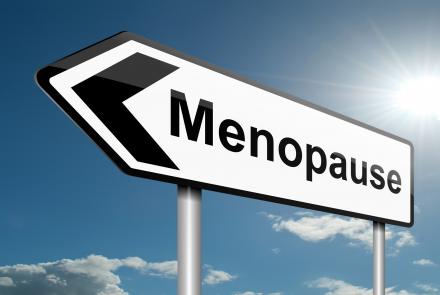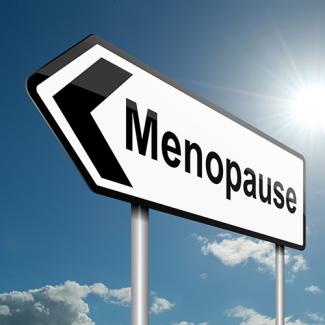
There is no treatment for Menopause itself.
As much as possible symptoms should be managed naturally. If the symptoms are interfering with quality of life, you should see your gynaecologist. In some cases your gynaecologist or your GP may suggest the following treatments:
Prescription treatment may include hormone therapy, medication for depression, hypertension (raised blood pressure). Your doctor may suggest drugs like Brisdelle (non hormone capsules) or Duavee (hormone tablets).
Hormone therapy has been associated with health risks, such as breast cancer, blood clots, endometrial cancer, and stones in the gall bladder. In certain cases, it helps. Discuss with your doctor if this is the treatment for you. Understand the risks clearly.
Non-prescription treatment like Vitamin B & E and Ibuprofen to get relief from the pain caused by hot flashes
Hormonal supplements for vaginal dryness (only if recommended by your doctor)
Have more vitamin D and calcium.to counter bone density loss and prevent risk of Osteoporosis. According to dietary reference intake (DRI), women at menopause are recommended 1200mg of calcium daily. Vitamin D recommendation is 400-500 IU per day for those over 50 and 600 IU for those 60-70 years

